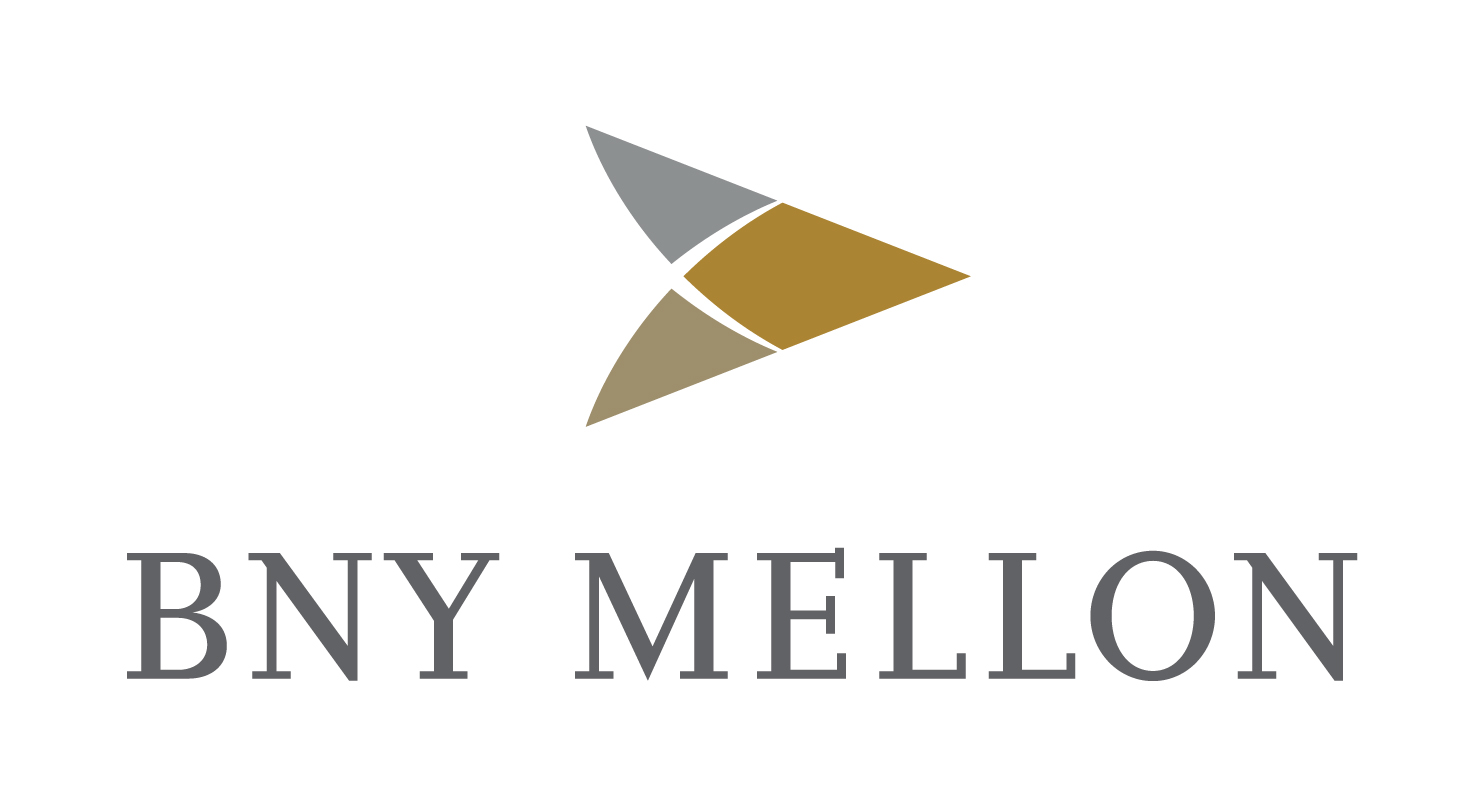Kuwaiti bankers are among the most astute in the region. That is why they are gearing up in terms of technical capabilities and service standards. PAUL MELLY reports

Kuwait Finance is at the heart of Kuwaiti life. The country has been a pioneer in business, developing banks, investment houses and a stock market long before most regional neighbours.
But while past history is a justified source of national pride, today Kuwait must survive in the highly competitive Gulf business arena, where Dubai, Bahrain, Doha and riyadh have all carved out major roles in the financial services industry.
And the crisis of 2008-2009 – which rocked several well-regarded Kuwaiti institutions to the core – was a brutal reminder of the need to ensure that both internal systems and official regulation remains up to date and rigorous.
Recovery is now well underway, and the government is overhauling supervisory structures, but regional competitive pressures remain; as business rebounds, Kuwait’s bankers know that the battle for market share will remain intense. Technical capabilities and service standards matter more than ever.
This was the context in which Burgan Bank, one of the country’s leading financial institutions, decided to launch a new cash management product last autumn, as the recovery in business – and thus in demand for banking services – gathered pace. The aim was to offer corporate customers a service that would optimise cashflow and enable them to make the best use of their revenues.
The new system offers clients a comprehensive view of their funding position. This enables companies to tighten the control of their finances and make the most of the liquidity they hold. Burgan Bank has complemented this with the a full range of payment services that eliminate many manual tasks and can be customised to meet the needs of individual business clients.
Moreover, the system allows a customer company to set the pace at which transactions are processed, control which staff can use the cash management scheme and set appropriate limits on the size of transactions. and, of course, the IT systems help with account administration etc; the service incorporates a high level of security, set at international standards
But Burgan Bank is certainly not the only Kuwaiti institution to have recognised the need to offer modern cash management services. National Bank of Kuwait (NBK) – one of the strongest banks in the Middle east – has also developed a strong range of products, as have a number of other leading local players.
And competition in the Kuwaiti market has intensified over recent years with the entry of major foreign names such as BNP Paribas, HSBC and Citibank. The latter is one of the few foreign banks with a full wholesale banking presence in Kuwait.

“Our cash management business is part of the Global Transaction services division, which specialises in intermediating working capital f lows of corporate and public sector institution,” explain Sanjay Sethi – Managing Director of treasury and trade solutions for the Middle East and Pakistan and regional head of cash management – and Nadeem Saleh, director of global transaction services for Kuwait.
He says that cash management is an integral part of the corporate service package offered by all banks. For foreign banks, it is a sustainable and predictable source of revenue, which also creates “cross selling” opportunities linked to credit products. This business is all the more important as it brings corporates’ cash flows through the banking system and thus mitigates credit risk.
“The cash management business at Citibank broadly includes a range of payment products, receivables management solutions, a suite of liquidity management and investment offerings – including pooling and target balancing – and sophisticated award-winning banking platforms… that offer secure online transacting capabilities,” explain sethi and saleh.
“Additional recent cash management products also include our wholesale cards business and platforms such as TreasuryVision – which provides treasurers with a global view of their cash balances, debt and investment positions for timely and accurate decision making.”
Many businesses continue to rely on traditional cash management techniques, explains AbdulWahab Al-Roshood, director of the treasury department at Kuwait Finance House (KFH), which is one of the world’s largest Islamic banks. “Kuwaiti institutions usually seek basic requirements in the cash management sector, such as competitive returns and minimal risk, in addition to being able to liquidise the cash if required , not to mention being able to mortgage investment instruments if the need for financing arises.”

However, Sethi and Saleh report that there is also a growing demand for more sophisticated services as companies expand their international activity and seek to streamline their money flows.
“As corporates expand in their size or geographic reach, or implement cost-cutting measures, the immediate fi rst step is to implement a standardised banking platform and manage their payments and receivables across multiple countries using a standardised process. The next step is to streamline the payables cycle by moving all payments to suppliers and staff to a particular date in the month, so as to make cash fl ow demands more predictable. and, finally, as the processing of receivables and payables gets optimised, corporate treasurers start looking for enhanced yields on their excess balances thus created.”
And Kuwait’s financial infrastructure is also being upgraded to meet the needs of a modern economy and investment culture. Cheque clearing is still a manual process, but many other services are now largely electronic.
“Kuwait has one of the most developed infrastructures in the region, since Kuwaitis are merchants by nature,” says Al-Roshood. he cites the speed with which profits are deposited aft er they have been announced as an example of the effi ciency of the payment and transfer systems.
KFH itself, as one of the major institutions, has an advanced e-payment system that has won awards from Citibank two years running.
In addition, Kuwaiti banks’ systems are considered to be among the most developed in the region and, indeed, the world. Th ey offer a base for cash management, which is evident by the speed in which profi ts are deposited once they are announced. For example, Kuwait has recently witnessed the largest money transfer and deposit during the amiri grant that included about 1,200,000 bank accounts with a slight margin of error. KFH is known for having an advanced e-payment system that allowed it to receive an award in this field for two consecutive years from Citi Bank Group.
“Kuwait has always been eager to take initiatives to develop its financial and technical systems and has banks that seek constant development in that field, such as KFH, which uses accurate and secure technology. This technology surpasses its counterparts in other international banks, which is evident by the low number of hacking attempts compared to international banks,” says alroshood.
Hacking threats
“The most prominent threats facing e-banking are repetitive hacking attempts using advanced technology; such threats are dangerous because they directly impact the reputation of the banking sector.”
At national level, Kuwait’s clearing systems are going through an evolutionary phase, report Sethi and Saleh.
“The Central Bank of Kuwait (CBK) rolled out their RTGS platform in 2004. The system is known as KassIP, which stands for Kuwait’s automated settlement system for Inter-participant Payments; it allows for continuous processing and settlement on a transaction-by-transaction basis for domestic transfers and, as there is no limit or floor on transactions, this system also processes lowvalue payments.
“In addition, deferred net settlements usually of low-value, high-volume obligations such as POS, ATM and cheque clearing transactions also go through the same settlement system.
“The CBK is also studying the possibility of introducing SWIFTNet FileAct – which would allow for bulk transfer of payment files between banks through the SWIFT network. It is aimed at streamlining the process of salary transfers.”
Progress – and tasks to come
Sanjay Sethi and Nadeem Saleh, of Citibank, explain how in some respects Kuwait is particularly well advanced, whilst in others there is still progress to be made.
“In some ways, Kuwait has been a leader in financial inclusivity and bringing everyone under the banking umbrella. The new labour law that came into force in February 2010 has made it mandatory for every person working in Kuwait to receive money using an account. This law has been transformational, as it has widely entitled a major segment – that was historically unbanked – to receive banking services.
“This, however, will add more pressure on banks complying with the law to offer their banking services to this low-revenue generating segment in a cost-effective manner.
“Generally, the payment system in Kuwait has made notable progress since the 2004 Financial System Stability Assessment on Kuwait by the International Monetary Fund (IMF). While systems like KASSIP have been a welcome addition to Kuwait’s clearing infrastructure, there is a lot of effort to launch SWIFT-based systems to handle larger volumes and fi le-based transactions.
“While most of the countries in the region have evolved with clear laws on electronic and internet banking, with digital identity and signatures, Kuwait has been lagging behind in creating clear legislation to encourage automation and electronic forms of interaction, as some of its peer group countries have done.
“Kuwait adopted the International Bank Account Number (IBAN) in January 2011, making it the second Gulf Co-operation Council country after Saudi Arabia to do so. IBAN is an international standard for identifying bank accounts across national borders with a minimal of risk of propagating transcription errors.
“Kuwait also hosts the Shared Electronic Banking Services Company (KNET), which offers an array of electronic money transmission and disbursement services, including managing Kuwait’s ATM Banking Network, POS services, Payment Gateway to facilitate e-commerce and e-government initiatives, in addition to engagement with other GCC switches through GCC Net.
“The CBK plans to introduce electronic cheque clearing, which will ensure that images of cheques are exchanged electronically to speed up clearing and reduce manual handoffs and errors in the clearing process by banks. We are also noticing an increasing effort by the government to move towards non-cash payment methods through introducing the ‘Smart Civil ID’, which, ultimately, will be used as a means of payment.
“While the foreign banks have well-understood and well-structured cash management businesses, many of the large local banks are still going through the process of creating or building their cash management units. In addition, modern cash management also requires complex and secure banking platforms that allow the bank to reach a customer automatically and helps customers increase efficiency and automation in their interaction with the bank.
“In Kuwait, while some local banks are in the process of building out their capabilities, others have not managed to create the technology infrastructure to a sufficient level to launch their offerings on a larger scale. Credit-based relationships still dominate the banking practice.”
 Cash And Trade Magazine For Cash and Trade professionals in the Middle East
Cash And Trade Magazine For Cash and Trade professionals in the Middle East




